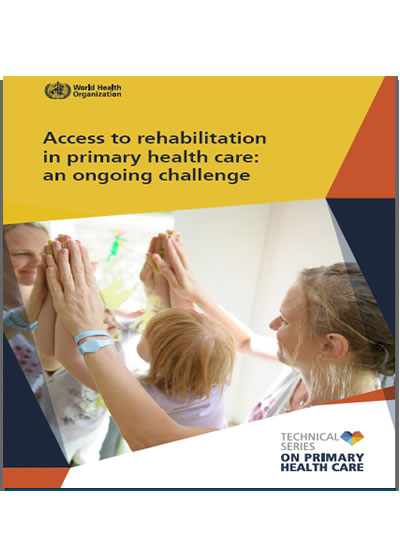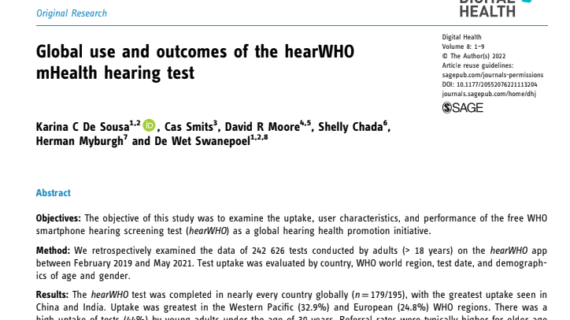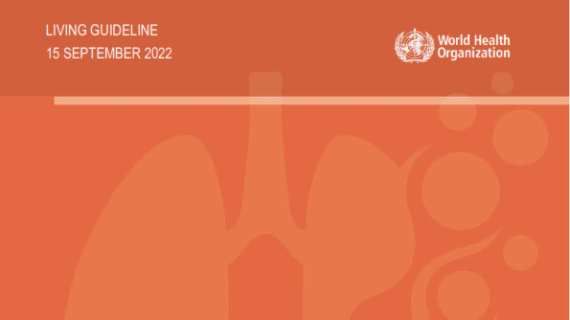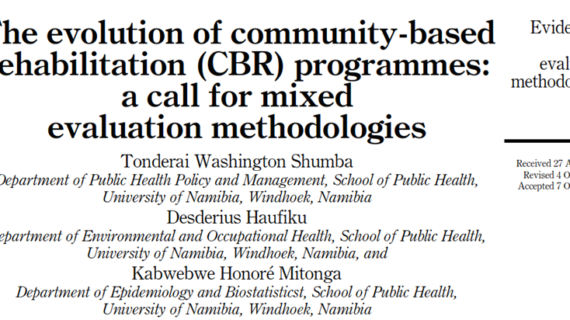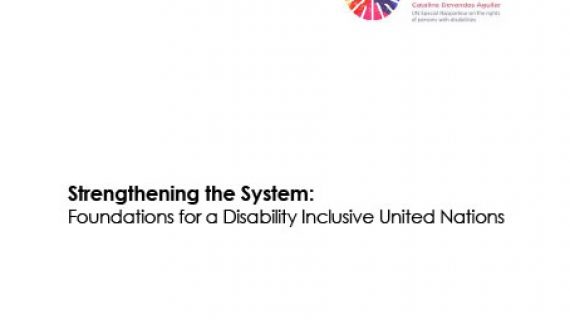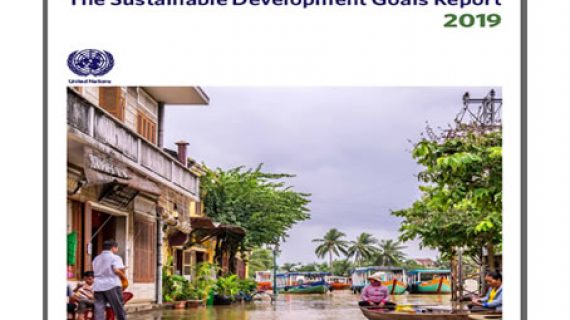Access to rehabilitation in primary health care: an ongoing challenge
Rehabilitation is a set of interventions designed to optimize functioning and reduce disability in individuals with health conditions in interaction with their environment. Health conditions include disease (acute or chronic), disorders, injuries or trauma. A health condition may also include other circumstances such as pregnancy, ageing, stress, congenital anomaly or genetic predisposition. Environments refer to the physical, social, and cultural contexts in which individuals and their communities live. Rehabilitation may be needed by anyone with a health condition who experiences difficulties
in mobility, vision, hearing, speech, swallow or cognition, for example. Rehabilitation addresses impairments, activity limitations and participation restrictions, as well as personal and environmental factors (including assistive technology) that impact on functioning.
Rehabilitation is a highly person-centred health strategy, with interventions focusing on the function and capacities of an individual as well as the goals and preferences of the user. Rehabilitation usually includes the interventions provided by rehabilitation professionals such as physiotherapists, occupational therapists, speech and language therapists, orthotic and prosthetic technicians, psychologists and physical and rehabilitation medicine doctors (2).

